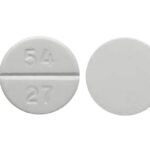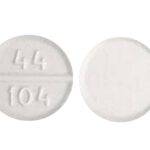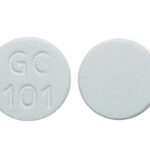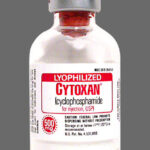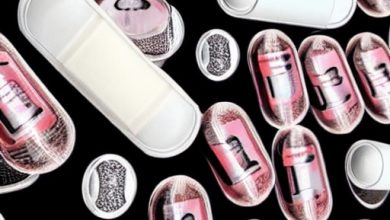G650 Pill: Uses, How it works, Dosage, Side Effects
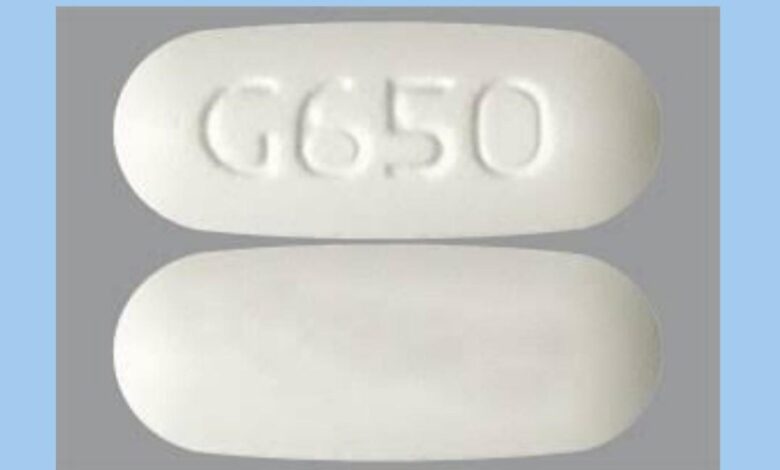
The white, capsule-shaped pill with the imprint G650 has been identified as Acetaminophen Extended Release 650 mg supplied by Granules India Limited. Acetaminophen 650 mg is not a controlled substance under the Controlled Substances Act (CSA). G650 pill is used to relieve mild to moderate pain from headaches, muscle aches, menstrual periods, colds and sore throats, toothaches, backaches, and reactions to vaccinations (shots), and to reduce fever.
G650 pill may also be used to relieve the pain of osteoarthritis (arthritis caused by the breakdown of the lining of the joints). Acetaminophen is in a class of medications called analgesics (pain relievers) and antipyretics (fever reducers). It works by changing the way the body senses pain and by cooling the body.
How should I take G650 pill?
Take G650 pill by mouth as directed. Follow all directions on the product package. If you have any questions, ask your doctor or pharmacist.
Do not crush or chew this extended-release tablets. Doing so can release all of the drug at once, increasing the risk of side effects. Also, do not split the tablets unless they have a score line and your doctor or pharmacist tells you to do so. Swallow the whole or split tablet without crushing or chewing.
The recommended maximum dosage per day is generally set at 4 grams (4,000 milligrams), which is the equivalent of eight extra-strength tablets. But that dosage can still cause liver problems for some people. To be safe, aim for 3,000 milligrams or less, and be cautious of mixing multiple products containing acetaminophen, such as a pain reliever and a cold medication or a prescribed narcotic.
Pain medications like G650 pills work best if they are used as the first signs of pain occur. If you wait until the symptoms have worsened, the medication may not work as well.
Do not take this medication for fever for more than 3 days unless directed by your doctor. For adults, do not take this product for pain for more than 10 days (5 days in children) unless directed by your doctor. If the child has a sore throat (especially with high fever, headache, or nausea/vomiting), consult the doctor promptly.
Tell your doctor if your condition persists or worsens or if you develop new symptoms. If you think you may have a serious medical problem, get medical help right away.
What are the side effects of G650 pill?
Side effects of G650 pill include:
• nausea,
• stomach pain,
• loss of appetite,
• itching,
• rash,
• headache,
• dark urine,
• clay-colored stools,
• or jaundice (yellowing of skin or eyes).
Get medical help right away if you notice symptoms of a rare serious allergic reaction to G650 pill, including:
• rash,
• itching/swelling (especially of the face/tongue/throat),
• severe dizziness,
• or trouble breathing.
What Drugs, Substances, or Supplements Interact with G650 pill?
G650 pill may interact with antibiotics, antifungals, sulfa drugs, tuberculosis medicines, birth control pills or hormone replacement therapy, blood pressure medication, cancer medications, cholesterol-lowering medications, gout or arthritis medications (including gold injections), HIV/AIDS medications, medicines to treat psychiatric disorders, nonsteroidal anti-inflammatory drugs (NSAIDs), or seizure medications. Tell your doctor all medications and supplements you use.
G650 pill During Pregnancy and Breastfeeding
G650 pill is used in all stages of pregnancy and is the drug of choice for short-term treatment of fever and minor pain during pregnancy. Although G650 pill is excreted in breast milk in small quantities, it is safe to be used by nursing mothers.
This is not a complete list of side effects and others may occur. Call your doctor for medical advice about side effects. You may report side effects to FDA at 1-800-FDA-1088.

